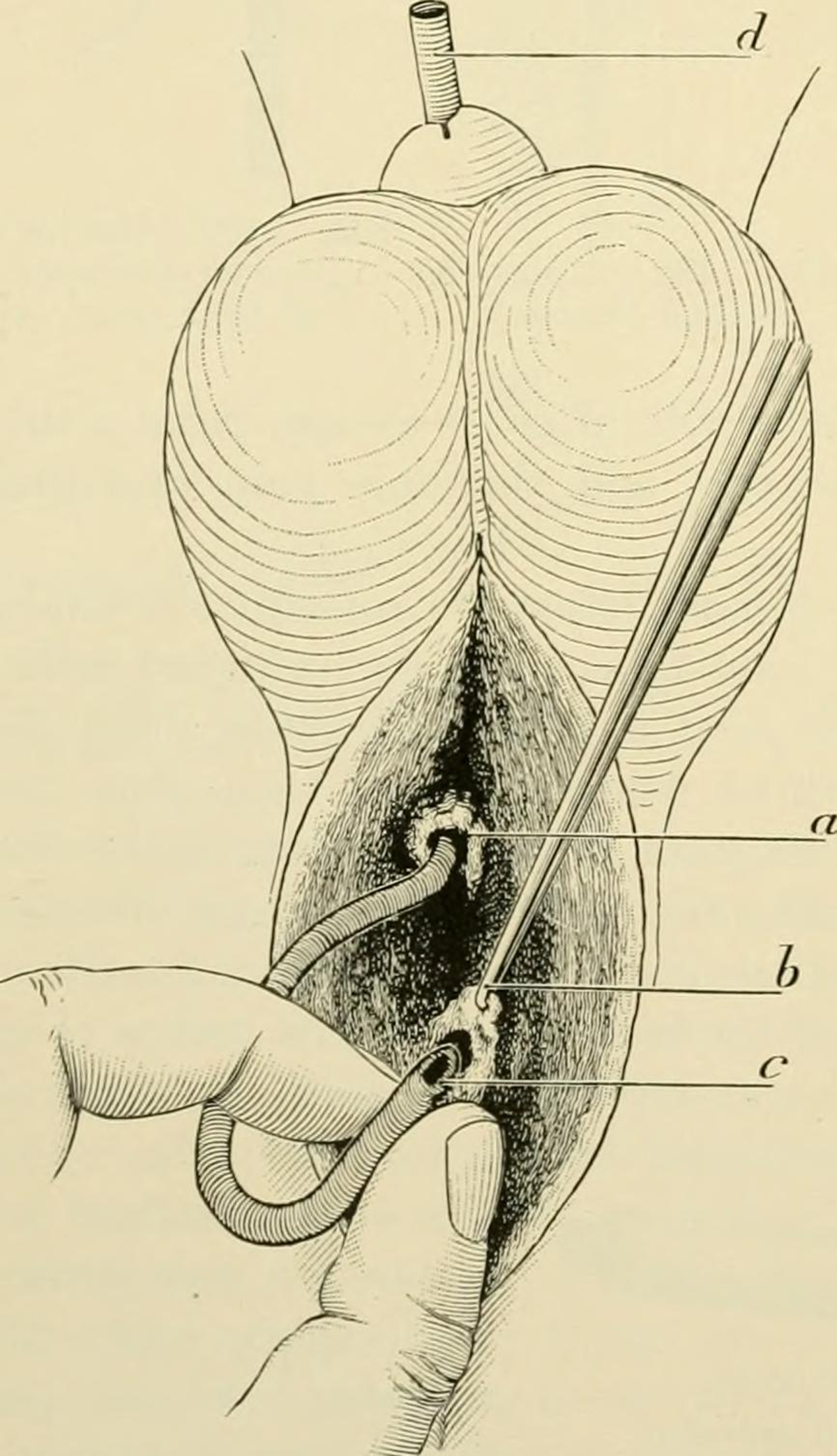
Lap Band Surgery - Overview
Lap band surgery is highly effective weight loss procedure particularly comparing to the other types of weight loss surgeries. Still, even this surgical procedure carries certain risks and may fail. The desirable results after lap band surgery are achieved in more than 80% of all patients. Lap band surgery belongs to a group of restrictive surgeries.
Lap band surgery is usually performed in people who are obese and simply cannot bring the weight under control by dieting and regular physical activity. The patients undergo numerous tests and examinations prior the surgery such as blood tests, gastro copy and imaging studies. The previously mentioned is performed to confirm or rule out the safety of the procedure.
During lap band surgery the surgeon creates a small pouch of about 15cc with a narrow passage of the stoma. The pouch and the stoma are created at the top portion of the stomach, right where the food leaves the esophagus and enters the stomach. The overall result is reduction in functional capacity of the stomach.
The effects after the surgery can be explained in two ways. Namely, the surgically created pouch can only hold approximately 1 ounce of food and later when it expands the quantity of food rises to 2-3 ounce of food. This is why people feel satiated after eating small amount of food. And there is another contributor to weight loss. It is related to the presence of the stoma which empties the food rather slowly. Patients feel full for a long period of time.
The advantage of lap band surgery is related to suitable calibration of the stoma and the size of the pouch. These can be adjusted depending on the patient's needs. The surgery does not include any cutting, stapling or bypassing and this way certain complications can be avoided. The procedure is also reversal.
Failures and Complications of Lap Band Surgery
The most common complications of lap band surgery are infections and bleeding. Still, one of the most serious complications is definitely gastric perforation. The stomach can be accidentally ruptured during the procedure. One more problem is related to a slipping of the band which may eventually cause heartburn, nausea and vomiting. In extreme cases the band may even erode inside the stomach.
One of the most frequent complications of lap band surgery is change in size of the pouch. The pouch usually enlarges.
Apart from the previously mentioned there are several more complications which include deflation of the band and consequent leakage, problems with swallowing, blockage of the stoma, dehydration, gastritis, gastric ulcerations, constipation etc.
Failure of the procedure is also possible. This may be related to under-experienced surgeons and other factors. Patients are due to stick to prescribed dietary regimes after the surgery and to avoid tea, coffee and alcohol beverages. Chips, baked food and sweets are forbidden as well.




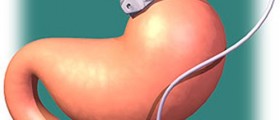
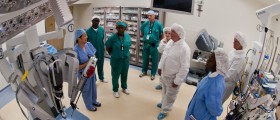


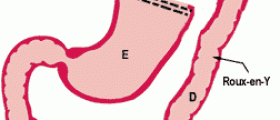




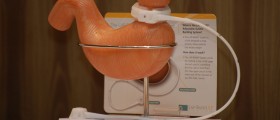
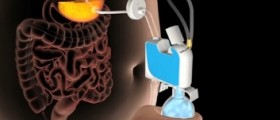

Your thoughts on this
Loading...